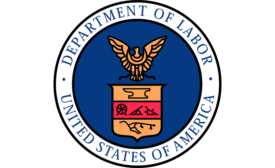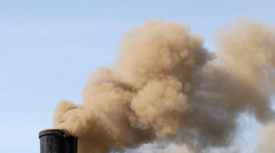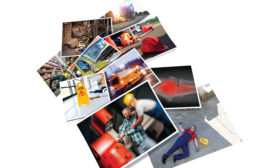American Public Health Association wants healthy communities
Environmental Health and Safety
Heat Index: When humidity makes it feel hotter
NIOSH OSHA app can help protect workers from heat
June 8, 2017
Getting serious about preventing fatalities & serious injuries
“We can't solve problems by using the same kind of thinking we used when we created them.”—Albert Einstein
June 7, 2017
Become a Leader in Safety Culture
Build your knowledge with ISHN, covering key safety, health and industrial hygiene news, products, and trends.
JOIN TODAYCopyright ©2025. All Rights Reserved BNP Media.
Design, CMS, Hosting & Web Development :: ePublishing










